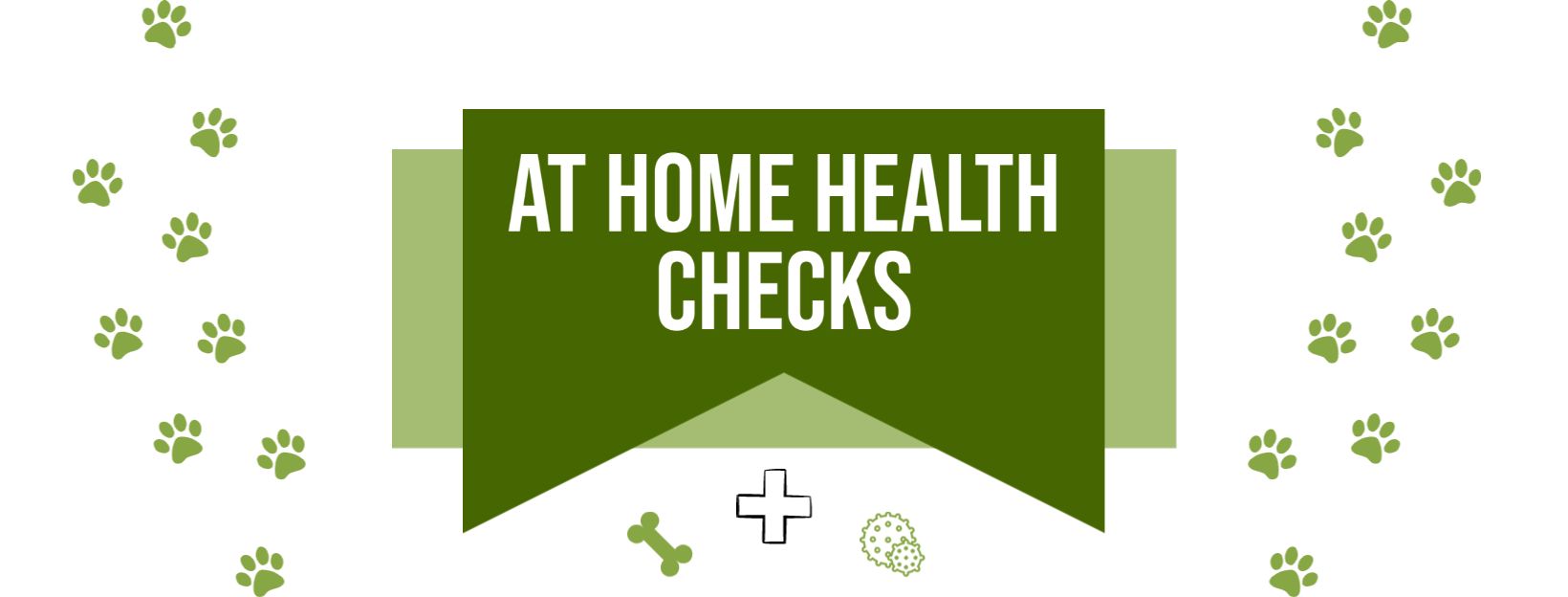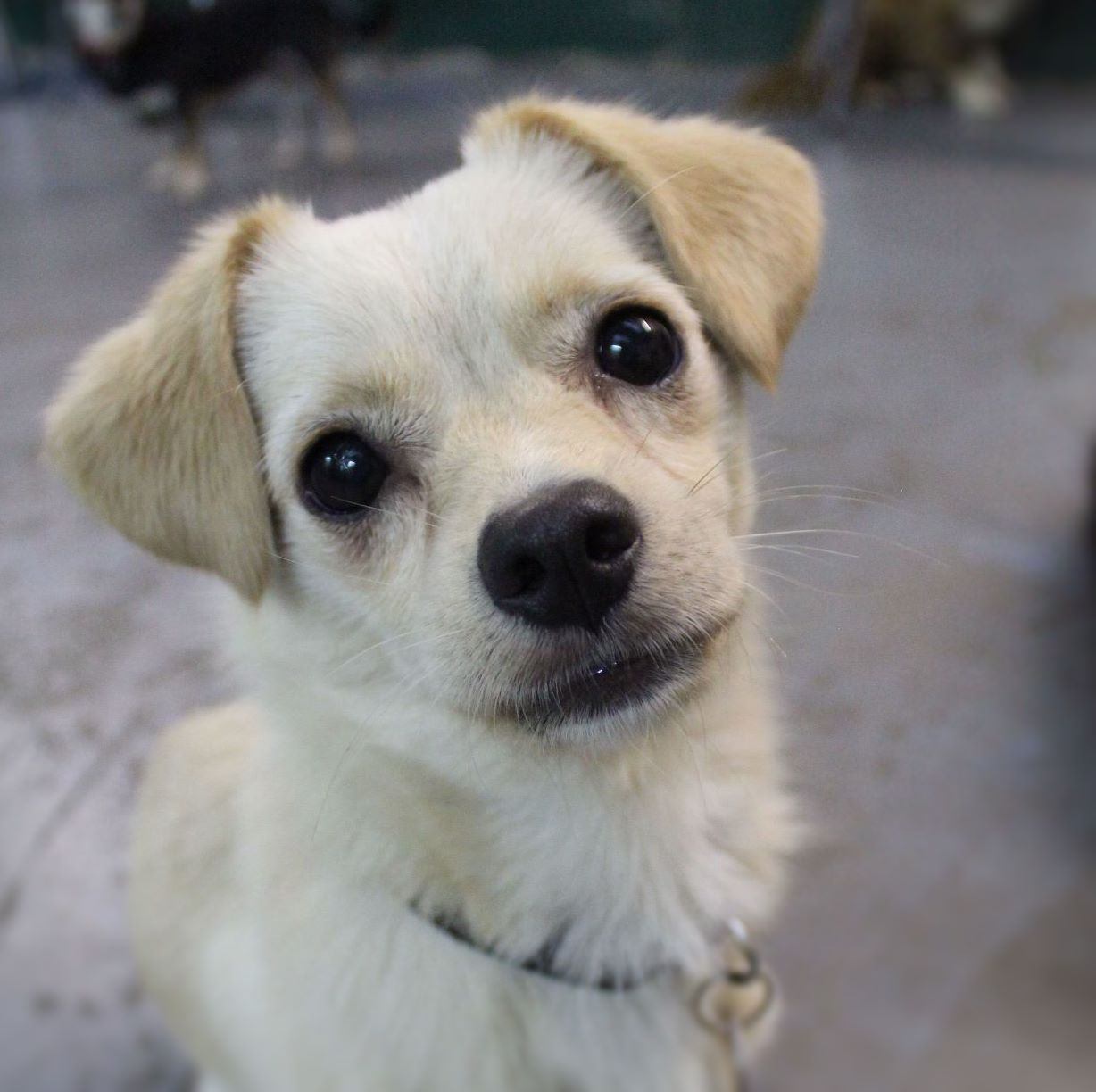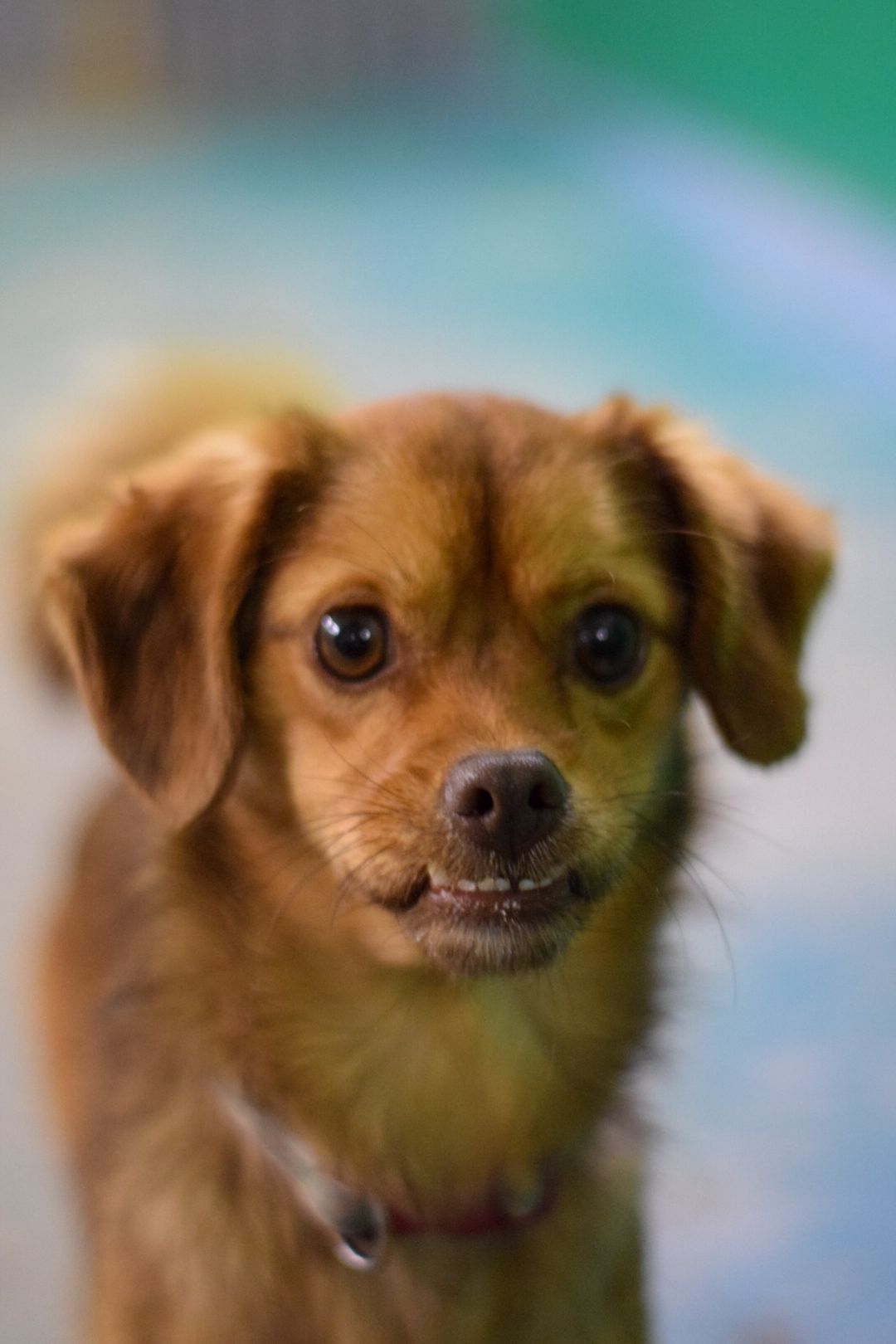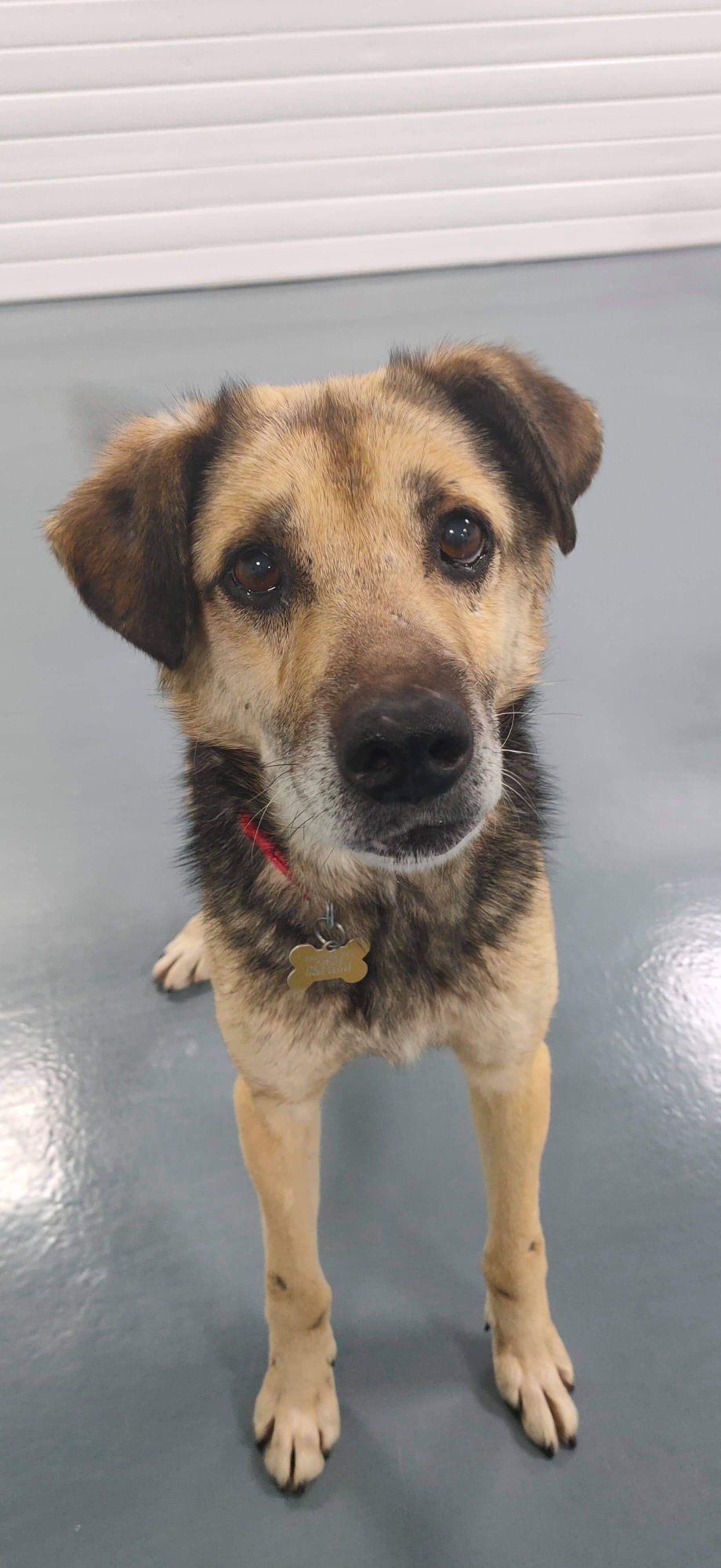
At the rescue the dogs have 2 healthchecks before they go into their forever home. Please note that these are NOT full health checks and some dogs are unable to be touched so the checks are done visually.
Once your dog is able to be touched, it is advised that you do regular health checks to get the dog used to handling. You will also discover whether your dog is comfortable with being touched all over. The rescue staff will have told you whether the dog has any known handling issues.
What to check: Don't do this all at once, build it up over time
Eyes:
Check they are all clear. If the dog has any abnormalities or has discharge coming from the eye consult your vet. Please note that some dog breeds do have watery eyes - spaniels and chihuahua's are two of the few. As we don't know what many of these dogs are crossed with it's difficult to say whether or not their eyes watering is a normal thing. If in doubt contact us for advice on what to do.
Ears:
Lift/fold the ear back and look inside - a healthy ear should be a light pink and free from odour. You can clean your dog's ears if you notice black waxy build up (see our page on grooming). If the ears are hot, have a cheesy odour or the texture of the skin changes they need to bee seen by your vet.
Nose:
A healthy nose should be wet/slightly moist. If your dog's nose is very dry or has discharge from the nostrils please speak to your vet.


Teeth:
A street dog's teeth are rarely perfect. Expect the odd broken or missing tooth, tar tar and a few abnormalities. Street dogs teeth have been through the wars - they will have eaten stones, dirt, bitten metal wire/wood and likely concrete in their time. Tar tar will gradually build up over time due to age, if you notice very bad breath, an off colour tooth or nerve exposure get this checked out.
Gums:
Depending on the dog's pigmentation these are either dark or pink. If the gums appear swollen, white or ittitated it is advised to discuss this with your vet.
Back, sides & chest:
Run your hands all along the dogs body - you are feelin for any abnormalities. It is common for street dogs to have scarring along their body from their life in Romania. Any lumps, bumps or issues need looking into.
Stomach:
Feel along the dogs stomach feeling for lumps and bumps. Many females will have enlarged mammary teats and are likely to have had litters prior to their arrival at Oakwood, if anything is found speak to your vet.
Skin:
Lift the fur along the body to view the skin. Depending on the dog's pigmentation the skin with wither be dark or a light pink. Expect to see old healed scars from their life in Romania. If you find:
- Black dots littered throughout the dogs fur - flea dirt. Ensure your dog is up to date with their flea treatment.
- Flaky skin - scurf due to poor coat condition, this can be managed with healthy diet, grooming and bathing.
- Sore red/pink patches - may have odour and a wet look to them - speak to your vet.
- Scabby - could be due to healing injury, can be managed with healthy diet, if scabs do not clear speak to your vet.

Coat:
If your dog can be handled, Oakwood staff will try their best to bathe the dog prior to their adoption so they smell better for you. Some dogs will leave the centre unbathed. These dogs will never have been bathed before so expect their fur to be greasy and a bit stinky. If their fur is dull and dry a balanced diet can improve this a lot. If you notice missing patches or abnormalities in coat, it is advised to get it checked out.
Tail:
Some dogs have docked tails, some have barely any tail so feel along what ever the dog had. Any abnormalities report to your vet.
Anus:
Lift the tail and have a quick glance for any abnormalities.
Genitals:
Any discharge or swelling should be looked into.
Legs:
Feel down each leg in turn - some dogs may be wary of this so be careful. Expect to see old scars on their legs that have healed. Some dogs may have slight bow legs due to poor nutrition in utero. If you notice any abnormalities that are affecting your dog speak to your vet.
Paws:
Check the tops of the paws and also check the pads. If there are cuts in the pad, skin missing, blisters or other abnormalities with the paw speak to a vet. Don't be alarmed if their pads are dry - you can buy some paw balm to moisturise their feet.
Dew Claws:
Dew claws are the claws a bit higher up the leg. They are usually selectively bred out of a dog, but Romania's free-breeding means most have dew claws, and even double dew claws! Check the length of the claws and ensure they have not grown into the pad. Book an appointment with the goomers if the claws are long.
Claws:
A dogs claws are naturally ground down on pavements walks, if your dog is not walking it is likely they will grow longer. If you can hear the dog's nails tapping the floor as they walk it is advised that you take them to a groomers to get them cut.
If your dog cannot walk on a lead, please do not try to take them to a groomers. If your dog cannot be touched and has issues with their nails, please get in touch with us.